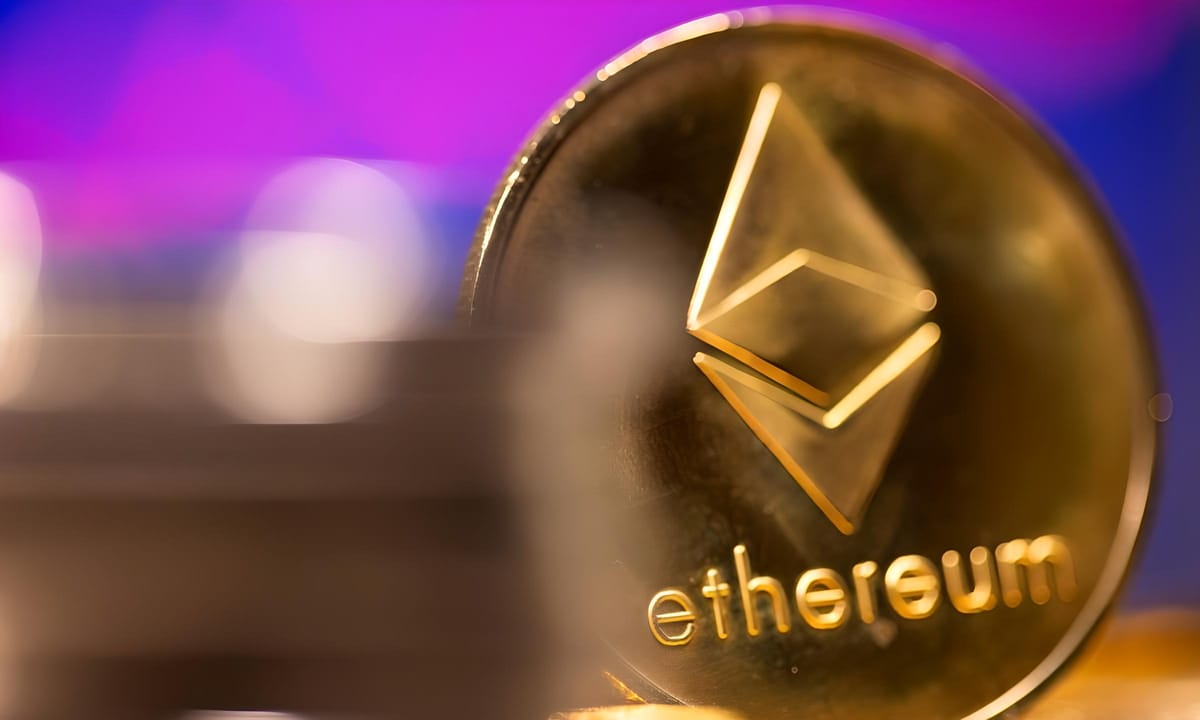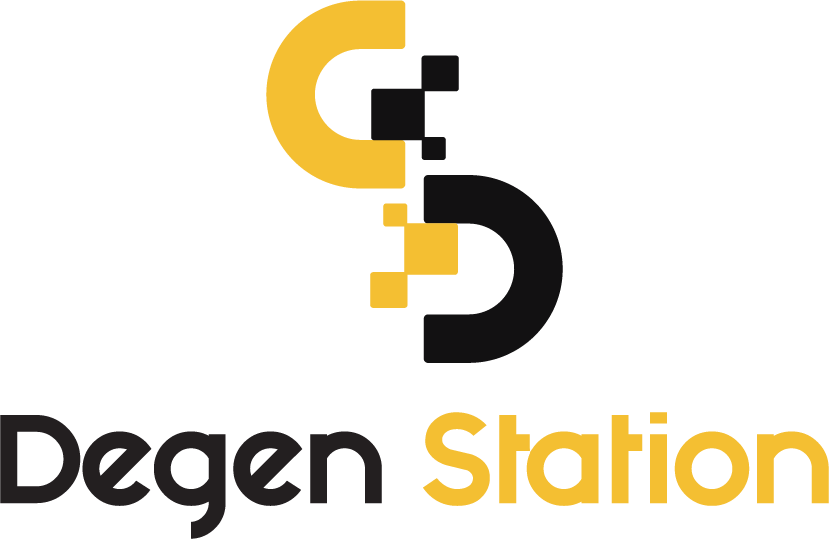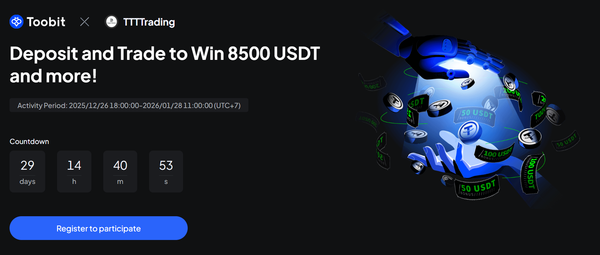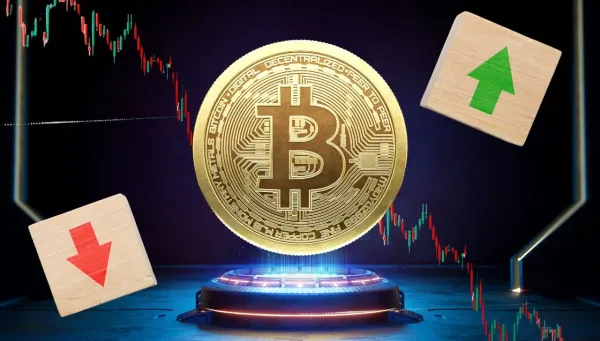Ethereum to Reschedule Holesky Testnet Deployment Following Issues

The Ethereum development team plans to redeploy the Holesky testnet by September 22nd, with the latest possible date being September 28th.

Holesky Testnet Launch Fails, Ethereum Scheduled for Redeployment. Image: Reuters
The Ethereum development team has acknowledged that the launch process of the Holesky testnet on September 15th did not meet expectations. This testnet was intended to replace Goerli and commemorate the one-year anniversary of The Merge upgrade.
We had a misconfiguration in the el genesis file and that led to the holesky network improperly launching. Some validators manually fixed the config and were able to start the chain, but not enough for the network to finalize. https://t.co/5fchlRBCP3
— parithosh | 🐼👉👈🐼 (@parithosh_j) September 15, 2023
While some validators were able to manually boot up the network, developers discovered issues in the testnet's core files and plan to reattempt the deployment in the coming two weeks.
Such disruptions are rare for Ethereum, which has operated smoothly over the past 8 years, successfully implementing major upgrades such as The Merge (September 2022) and Shapella (April 2023). Additionally, the blockchain has served as a launchpad for layer-2 network expansions.
A testnet, or testing network, is typically a draft used to simulate transactions and conduct testing before they are deployed on the mainnet, the live blockchain.
Holesky not only represents a new upgrade replacing Goerli but also brings significant changes to the ETH testnet supply, equivalent to 120 million ETH on the mainnet. With 1.6 billion ETH available, Holesky addresses the shortage of testnet ETH supply across primary testing networks. This enables developers to freely experiment and test smart contracts.
Holesky is expected to alleviate scaling issues for Ethereum, doubling the number of validators compared to the mainnet. Parithosh Jayanthi, a programmer at the Ethereum Foundation, stated:
"We could restore the network with a bug patch, but we're proceeding cautiously as this will be a network that will exist for years."
Holesky is also deemed crucial for Ethereum's upcoming hard fork, Dencun, where proto-danksharding—a technical feature aimed at expanding blockchain scalability—will be implemented.
Currently, Goerli remains operational and serves developers until early 2024, despite proposals to retain this test network.





